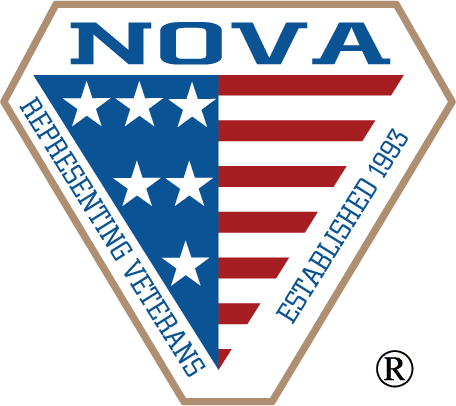If you lost your veterans disability claim at the Regional Office level, there is a good chance you were missing a key piece of evidence that was necessary for VA to grant your claim. After you have gone through the Notice of Disagreement process at the Regional Office, you then can file a Form 9 substantive appeal to take your appeal to the Board of Veterans’ Appeals (BVA).
What I see far too often are veterans not taking advantage of the opportunity they have at that point to submit additional new evidence that will strengthen their claim. If you know the law and use it to your advantage, you can make it more likely that you will win your VA claim appeal for disability compensation at the Board of Veterans’ Appeals.

Use the VA’s Process to Your Advantage
I am not sure why more veterans don’t take advantage of this opportunity to add helpful evidence. I think it is because many veterans don’t realize that VA’s processes are different in many ways than other court systems are with regard to new evidence on appeals.
In most types of legal actions, if you lose your case and appeal you cannot submit new evidence during the course of that appeal. The appeals court is only reviewing the case to see if the lower court judge got it right based on the evidence presented. Even if you have a new witness or find out the other side was lying, you cannot bring that up on appeal because “the record is closed.” That is another way of saying that the time for evidence has ended.
The good news is that the VA claim appeal process works totally differently. When you appeal to the Board of Veterans’ Appeals, you can, and probably should, gather and submit new evidence that supports your claim.
Use New Evidence
The important thing to keep in mind here is that VA has some very powerful rules that can be used to your advantage in the appeals process. You need to recognize these and take advantage when possible.
Too many veterans get caught in the trap of thinking that the VA denied their claim simply because they do not like them or that they are overworked. While those things may be true, it is your job, or that of you and your representative/attorney:
- to understand what evidence is needed,
- to recognize you have the opportunity to submit that evidence,
- and to provide it in time so that it can be considered with your appeal.
Hopefully, that will result in a grant of your claim. Even if the BVA does not grant the claim outright, they may at least remand it to the Regional Office for further development of one or more issues now that there is at least a way the claim may eventually be granted.
Get Help with Identifying Critical Evidence for Your VA Claim Appeal
If your claim is headed to the BVA at this point, it might be a good idea to consult with an attorney who is experienced in VA appeals to help you through that process. That attorney can help you determine what evidence was missing when the claim was denied. The attorney can also help to gather that evidence, whether it is in the form of a medical opinion, a buddy statement, medical records, or service records.
We had a BVA hearing recently where we were able to do just that. Our client had been denied service connection for PTSD because he had no evidence of a PTSD diagnosis. We were able to get a medical opinion diagnosing him with PTSD and relating it to his military service. Without this new evidence on appeal, his PTSD claim would likely have been denied.
There are strict deadlines on submitting new evidence in a VA claim appeal, but these rules can be used to your advantage if known and acted upon. If you would like to consult with one of our VA accredited attorneys, you can reach out to us on this website or give us a call for a free consultation. We will be glad to see what we can do to help you with your claim.







